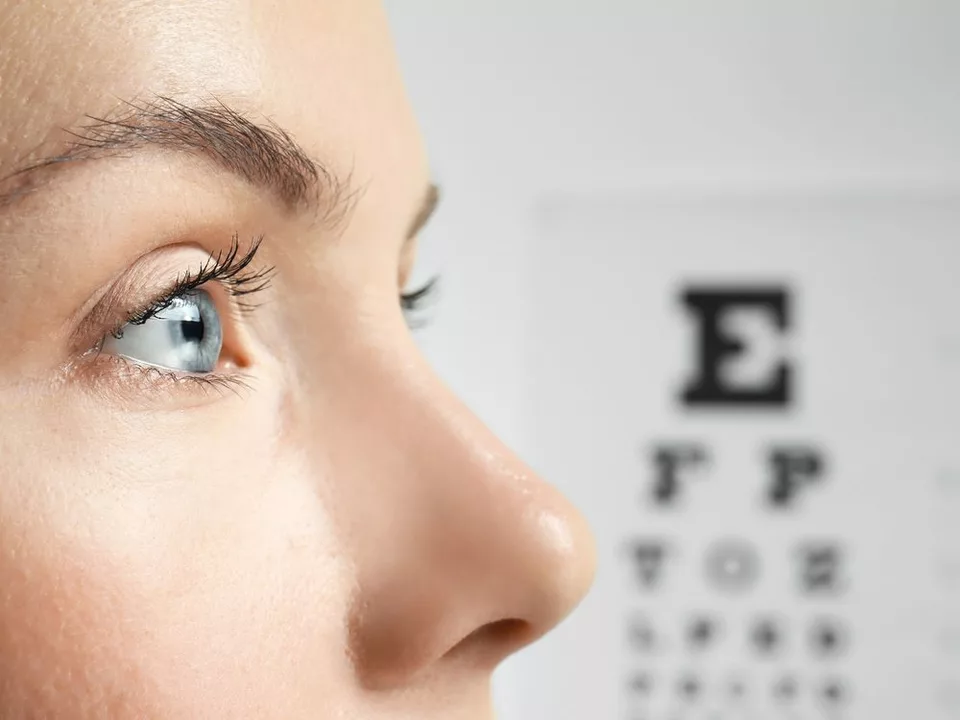Introduction to Ethinylestradiol and its Importance
Ethinylestradiol is a synthetic form of the female hormone estrogen, and it plays a crucial role in various hormonal therapies, primarily as a key component in birth control pills. Despite its numerous benefits, there have been concerns about its impact on the health of our eyes and vision. In this article, we will discuss the various aspects of ethinylestradiol and its impact on our eye health. We will delve into scientific research and studies to provide you with a comprehensive understanding of this topic.
The Science Behind Ethinylestradiol and Vision
Estrogen is known to have a significant influence on the physiology of the eye, particularly in the formation of tears, the corneal thickness, and the function of the retina. Ethinylestradiol, being a synthetic form of estrogen, can also impact these aspects of our eyes. Research has shown that the hormone can cause changes in the corneal thickness, which may affect the accuracy of intraocular pressure measurements and, in turn, the diagnosis and management of glaucoma.
Ethinylestradiol and Dry Eye Syndrome
Dry eye syndrome is a common condition that affects millions of people worldwide. It occurs when the eyes do not produce enough tears or the tears evaporate too quickly, resulting in discomfort, irritation, and sometimes even vision problems. Studies have shown that women using oral contraceptives containing ethinylestradiol are more likely to experience dry eye syndrome. This may be due to the hormonal changes caused by the medication, which can alter the composition and function of the tear film, leading to dryness and irritation.
Birth Control Pills and the Risk of Cataracts
Cataracts are the leading cause of blindness worldwide, and they occur when the lens of the eye becomes cloudy and opaque. Research has shown that there might be a link between the use of oral contraceptives containing ethinylestradiol and an increased risk of developing cataracts. Although the exact mechanism is not entirely understood, it is believed that the hormonal changes caused by the medication can lead to oxidative stress in the lens, which can eventually cause cataract formation.
Ethinylestradiol and the Risk of Glaucoma
Glaucoma is a group of eye conditions that damage the optic nerve, which is responsible for transmitting visual information from the eye to the brain. High intraocular pressure is a major risk factor for the development of glaucoma. As mentioned earlier, ethinylestradiol can cause changes in the corneal thickness, which may affect the accuracy of intraocular pressure measurements. Some studies have suggested that long-term use of oral contraceptives containing ethinylestradiol may be associated with an increased risk of developing glaucoma, although more research is needed to confirm this link.
Ethinylestradiol and the Risk of Retinal Vein Occlusion
Retinal vein occlusion is a condition where a blood vessel in the retina becomes blocked, leading to vision loss. It has been suggested that the use of oral contraceptives containing ethinylestradiol may increase the risk of retinal vein occlusion due to the medication's effects on blood clotting. Some studies have found an association between the use of these contraceptives and an increased risk of retinal vein occlusion, although more research is needed to confirm this link and understand the underlying mechanisms.
Conclusion: Weighing the Benefits and Risks
While ethinylestradiol and other synthetic estrogens have provided numerous benefits to millions of women worldwide, it is essential to be aware of the potential impact on eye health and vision. If you are using or considering using oral contraceptives containing ethinylestradiol, it is crucial to discuss the potential risks and benefits with your healthcare provider. This will ensure that you make an informed decision based on your individual health needs and risk factors.


Heather Wilkinson
Great breakdown! 🌟 Thanks for shedding light on something many of us overlook.